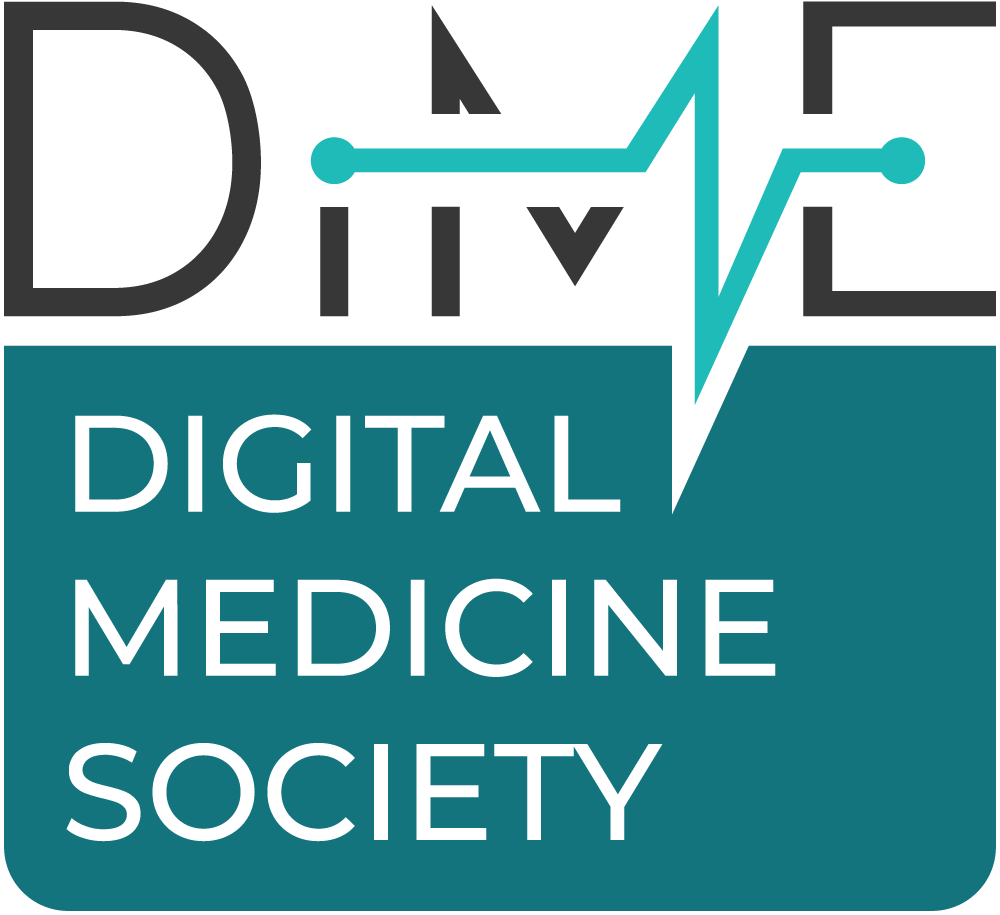
CancerX Launches Core Competencies To Drive Equity in Access and Reduce Patient Financial Toxicity

In 2023, there will be an estimated
Digital health solutions have enormous potential to transform how these patients navigate the costs and complexities of a cancer diagnosis. Solutions such as telemedicine platforms, artificial intelligence, machine learning algorithms, and electronic health record-embedded applications are valuable tools in health system strategies for connecting patients with comprehensive, high-value oncology care. They can also support health systems in connecting patients with needed financial resources while lowering the administrative burden of support services delivery for their providers and staff, a critical challenge to care delivery in an
Going forward, the ability of health systems to address patient financial toxicity and deliver equitable access, cost, and health outcomes for all cancer patients will depend in part on their scaled use of digital health solutions to meet patient and provider needs. Systems can look to current applications of digital health solutions across the cancer care continuum for promising approaches to improve patient access and reduce out-of-pocket costs.
Digital solutions are helping health systems to:
Engage cancer patients who live farther from the clinic Meet cancer patient preferences for hybrid care Connect eligible patients with cancer clinical trial opportunities as standard of care Support cancer care navigation, with fewer staff resources, for better patient financial outcomes
CancerX has developed a set of
The resources developed by CancerX include:
- A core competencies guide to help healthcare leaders design a digital strategy to improve equity in access to cancer care and reduce out-of-pocket costs for patients.
- A financial navigation guide to support patient navigators in designing and implementing digitally-enabled financial navigation programs to reduce out-of-pocket costs for patients across their cancer journey.
- A solutions catalog featuring 14 fit-for-purpose digital solutions available on the market to support the implementation of a digital strategy to improve equity and reduce financial toxicity
These resources are designed to support health systems in digitizing components of their overarching strategies to provide equitable access and reduce patient cost. The resources can be used by health system oncology service line leadership and digital health division leadership to design and measure successful implementation of a digital strategy for equitable, high-value care and to choose fit-for-purpose digital solutions from the market to implement this strategy.
For example, health systems can use these resources to develop a strategy for implementing EHR-embedded health-related social needs screening and, subsequently, automated processes for connecting patients to available support services to improve their care.
The resources can also be used by patient service divisions, cancer care navigators, and social work leadership in the design and implementation of digitally-enabled financial navigation programming to reduce out-of-pocket costs for patients across their cancer journey.
The CancerX resources contain recommendations for the use of digital health solutions across multiple dimensions of cancer care delivery, including the use of digital solutions to expedite time to treatment initiation and to automate patient connections to financial support services.The resources also provide in-depth case studies demonstrating the real-world value of digital health tools for improving cancer care access and reducing patient financial toxicity.
About CancerX
The resources were developed by the
These resources are the first in a suite of resources being developed by the CancerX project team to achieve CancerX moonshot goals.
Conclusions
The rising burden of financial toxicity in cancer care demands a proactive response. There is a need for the deployment of support services at scale across health systems with differing infrastructure and resource specifications. Digital health solutions present a promising avenue for improving equitable access and reducing out-of-pockets costs for patients. The
Sarah Sheehan, M.P.A., is program lead,
Newsletter
Get the latest industry news, event updates, and more from Managed healthcare Executive.

























